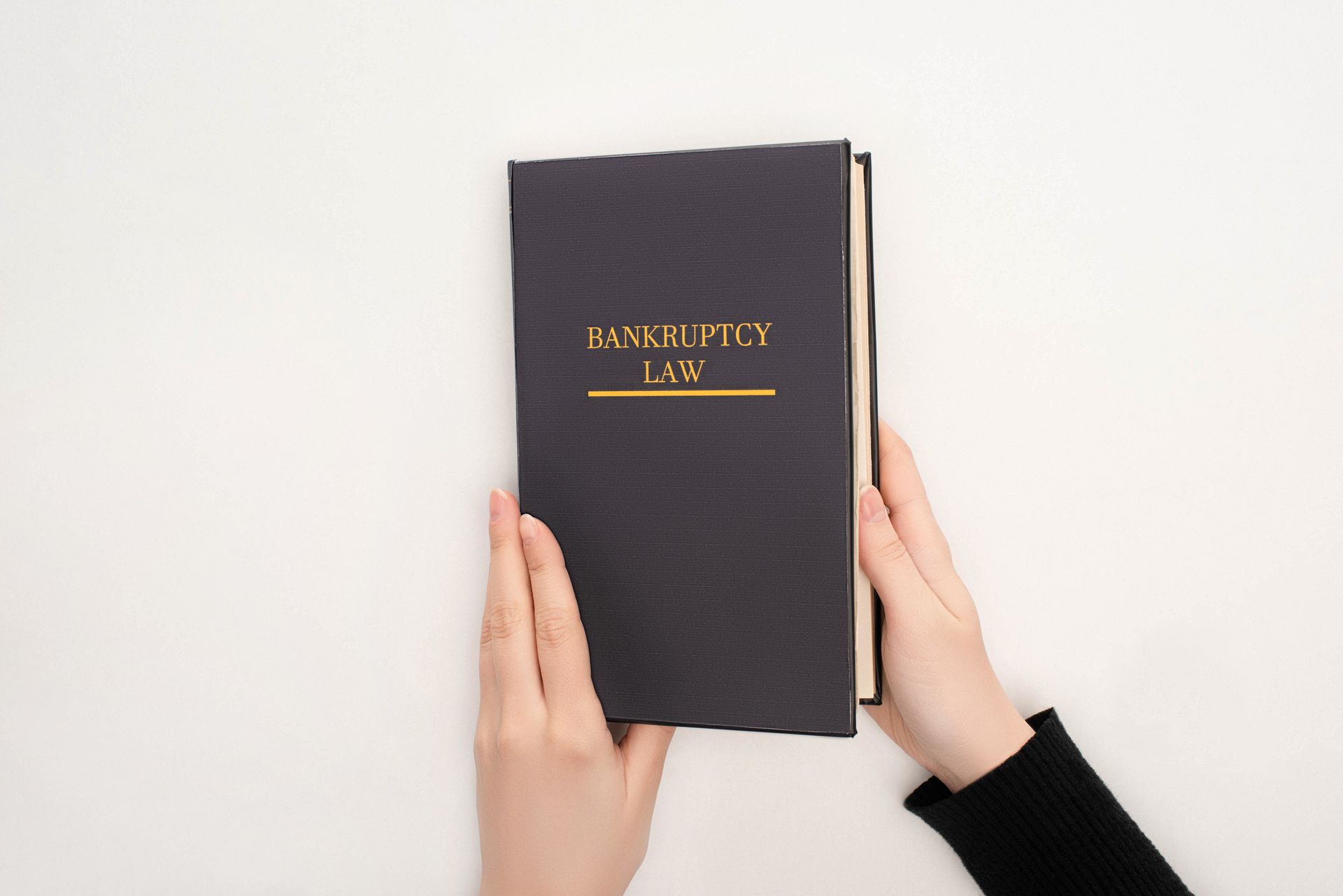Bankruptcy FAQ: Will Bankruptcy Get Rid of Tax Debt?
When you have a past due balance with the IRS that you cannot pay, bankruptcy may be the only option.
When You Don’t Have the Money to Cover Past Due Federal Taxes:
When you don’t have enough readily available cash to pay your past due federal taxes, you may feel like you are in an impossible spot; left with no options. However, there you aren’t left to your own devices. When you need to pay a past due balance to the IRS, you may benefit from an IRS payment plan or an offer in compromise negotiated directly with the IRS. If neither option is viable, you may want to discuss the possible benefits of bankruptcy with an experienced attorney.
Bankruptcy and Getting Rid of Tax Debt:
Most taxes cannot b eliminated through bankruptcy, but some can. Reach out to an experienced local bankruptcy attorney to review your case and see if your tax debt may be eligible. In some cases, filing Chapter 7 bankruptcy could include qualifying past due balances with the IRS if your tax debt is eligible for discharge.
Can Your Tax Debt be Eliminated through Chapter 7 Bankruptcy?
Your tax debt may be eligible for Chapter 7 bankruptcy discharge if all the following conditions are met:
- The tax debt is federal or state income tax debt. Bankruptcy cannot eliminate other taxes (such as payroll taxes or fraud penalties).
- You did not purposely avoid paying your taxes or file a fraudulent tax return. If the tax debt is associated with breaking the law, bankruptcy is not an option.
- The tax debt is 3+ years old. The tax return associated with the tax debt must be from three or more years ago to include in a bankruptcy filing.
- You filed a tax return associated with the tax debt (at least two years before filing bankruptcy).
- The IRS assessed the tax debt at least 240 days before the bankruptcy filing (or the tax debt has not yet been assessed). The 240-day rule may be extended if the IRS suspended collection efforts because of a compromise or a previous tax filing.
How Does Bankruptcy Discharge Affect Tax Debt?
If you meet all of the listed requirements, your tax debt may qualify for inclusion in a Chapter 7 bankruptcy
filing. When a tax debt is included in a Chapter 7 discharge, the obligation to pay the debt is discharged, but it is not eliminated. When the obligation to pay the tax debt is eliminated, the IRS can no longer seek payment by going after the taxpayer’s income or bank account. However, it is essential to note that tax debt and liens are separate things. Tax debt is money owed to the state or federal government for past returns. A tax lien is a legal judgment against your property to satisfy a tax debt or obligation. Bankruptcy
does not eliminate prior tax liens.
If you are filing bankruptcy in Georgia
or Tennessee and have questions about how bankruptcy can help with tax debt, contact Kenneth C. Rannick P.C., Tennessee, and Georgia bankruptcy attorney. We help good people through bad times.
The post Bankruptcy FAQ: Will Bankruptcy Get Rid of Tax Debt? appeared first on Kenneth C. Rannick, P.C..










